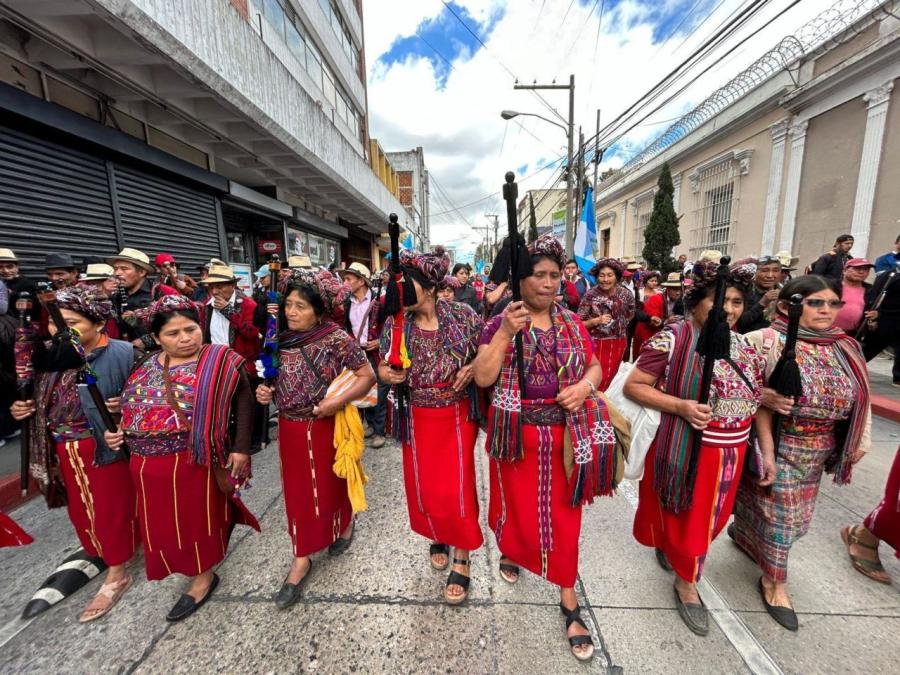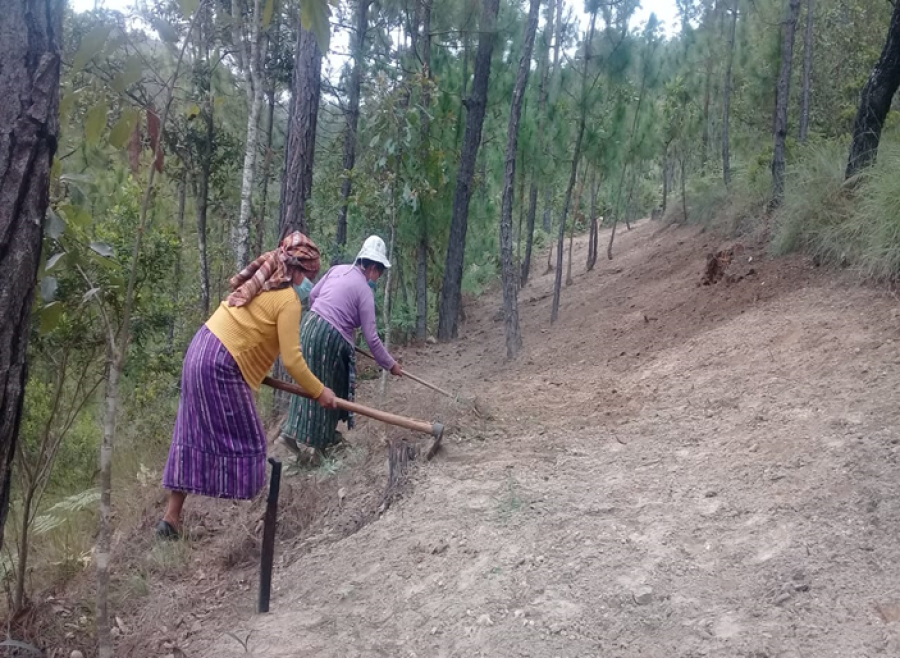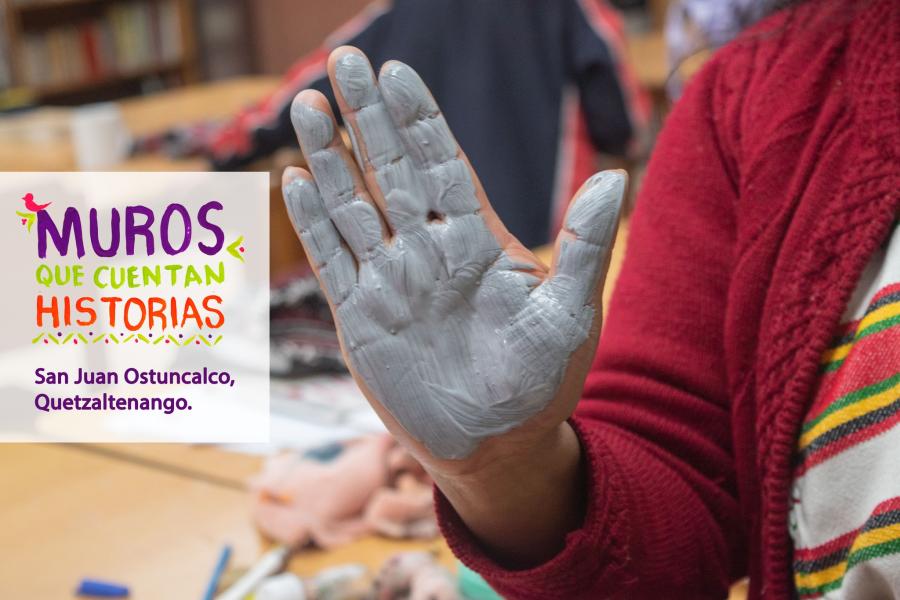
February 11, 2016 En espanol
Washington, D.C., - In the framework of the parliamentary discussion on community radio broadcasting in Guatemala, the Special Rapporteur for Freedom of Expression of the Inter-American Commission on Human Rights (IACHR) urges the State to urgently adopt adequate legislation on the matter, in order to recognize community radio and television and to provide an equitable part of the spectrum and the digital dividend to this important sector.
Many times since 2000, the Special Rapporteur’s office at the IACHR has recommended that Guatemala adopt a judicial framework that is more just and inclusive, recognizing the community sector of radio broadcasting and guaranteeing conditions of equal access and use of licenses for non-profit, social actors, especially the Indigenous Peoples of the country who have been historically excluded from the possibility of accessing and managing community media. In recently years, Indigenous Guatemalan organizations have presented more than four bills that would guarantee access to frequencies for community media that have not been accepted.
According to information received from the Congress of the Republic of Guatemala, they are currently in the third phase of review of Bill 4087, “Community Media Law”. The propose law, propelled by civil society and Indigenous Peoples of the country, looks to guarantee “access to community media for Indigenous communities and marginalized minority sectors”. This advance in the legislative discussion represents an extraordinary opportunity for the State to effectively fulfill its international obligations on this matter.
Community media fulfill a fundamental function in the region for distinct sectors of society to exercise freedom of expression and have access to information. On various opportunities, the Special Rapporteur’s office at the IACHR has expressed the right of community media to be recognized by law and as parte of this recognition, the right to adequately and equally regulate community radio broadcasting.
In the case of Guatemala, recognition of Indigenous communities’ community broadcasting and regulation constitutes a historic obligation of the State to this group of the population who were victims of the armed conflict. According to the Accords on Identity and Indigenous Peoples Rights from 1995, the State of Guatemala promised to “promote before the Congress of the Republic, necessary reforms to the current telecommunications law with the objective of facilitating frequencies for Indigenous projects and ensuring observance of the principal of no discrimination in the use of community media. To promote repeal of any judicial order that creates obstacles for Indigenous Peoples’ access to community media for the development of their identity”.
Due to the existing situation of exclusion, la Rapporteur’s office makes a call to the State to urgently adopt a legislative framework that include the community sector and remove all disproportionate or discriminatory restrictions that have impeded access to frequencies for Indigenous Peoples to date.
In this sense, the Rapporteur’s office reminds the State that in order to conform with international standards, the national regulatory frameworks on community radio broadcasting should foresee (1) simple, equitable and transparent processes for the obtainment of licence; (2) no sever technical requirement that impedes access to frequencies; y (3) the possibility of using distinct financial sources, like publicity, as a medium for funding. The legislation should expressively prohibit the imposition of other arbitrary restrictions to license use by this sector, for example, limitations to use in Indigenous languages or coverage restrictions for stations.
The Office of the Special Rapporteur for Freedom of Expression was created by the IACHR with the goal of stimulating defense of the right to freedom of expression and thought in the hemisphere, considering its fundamental role in the consolidation and development of the democratic system.



